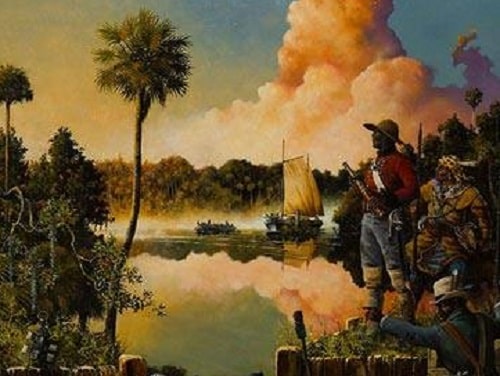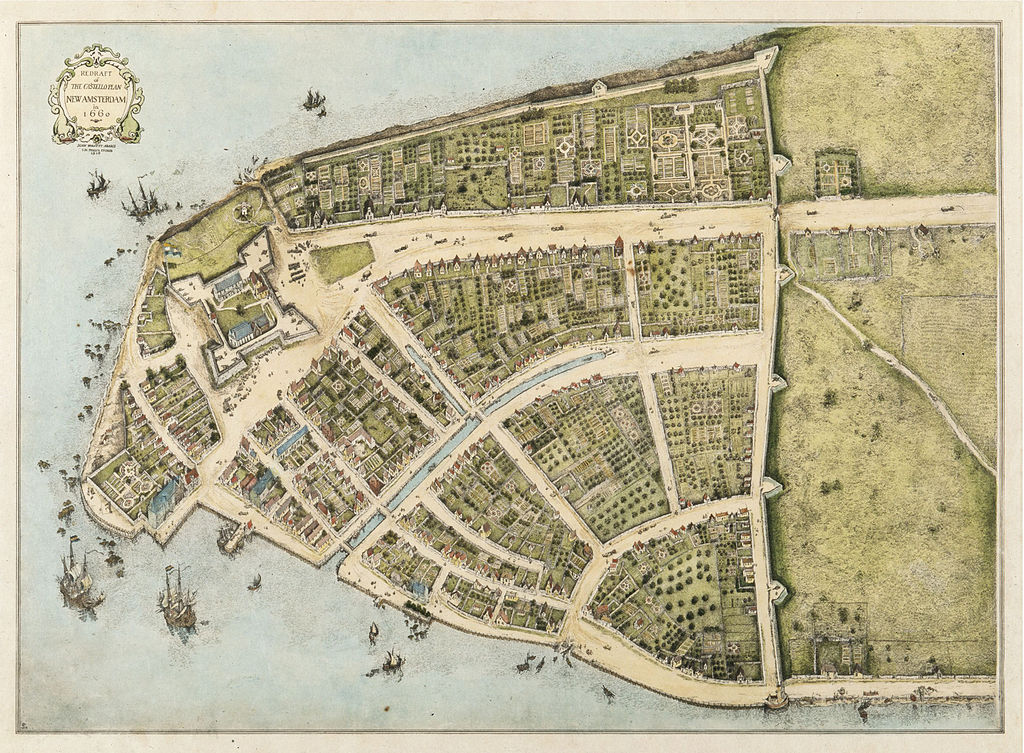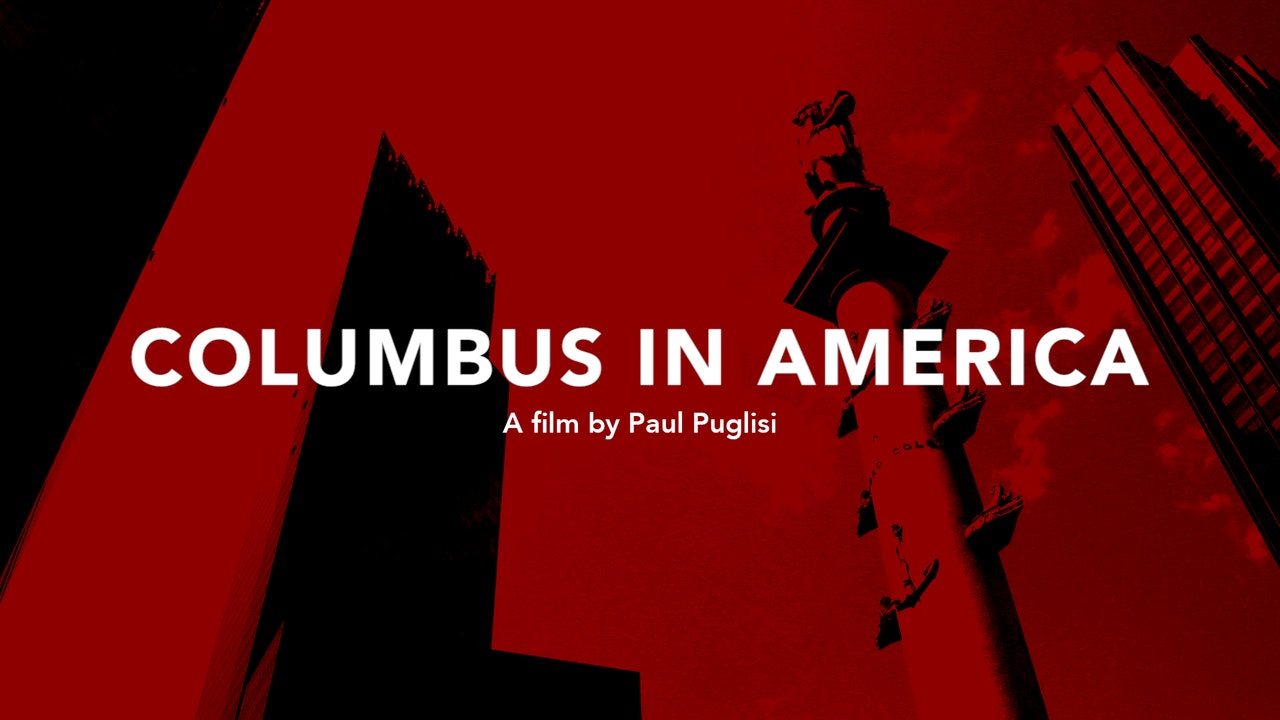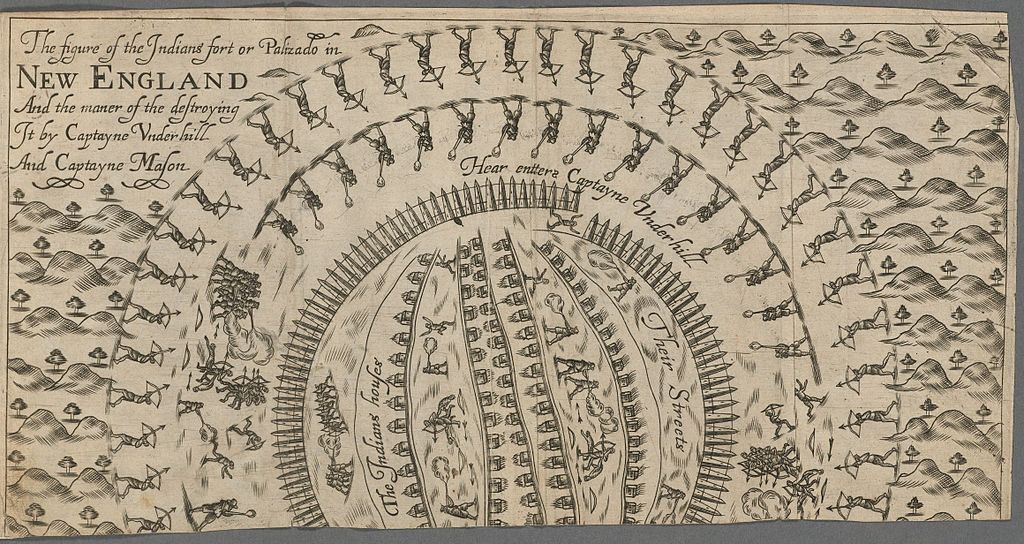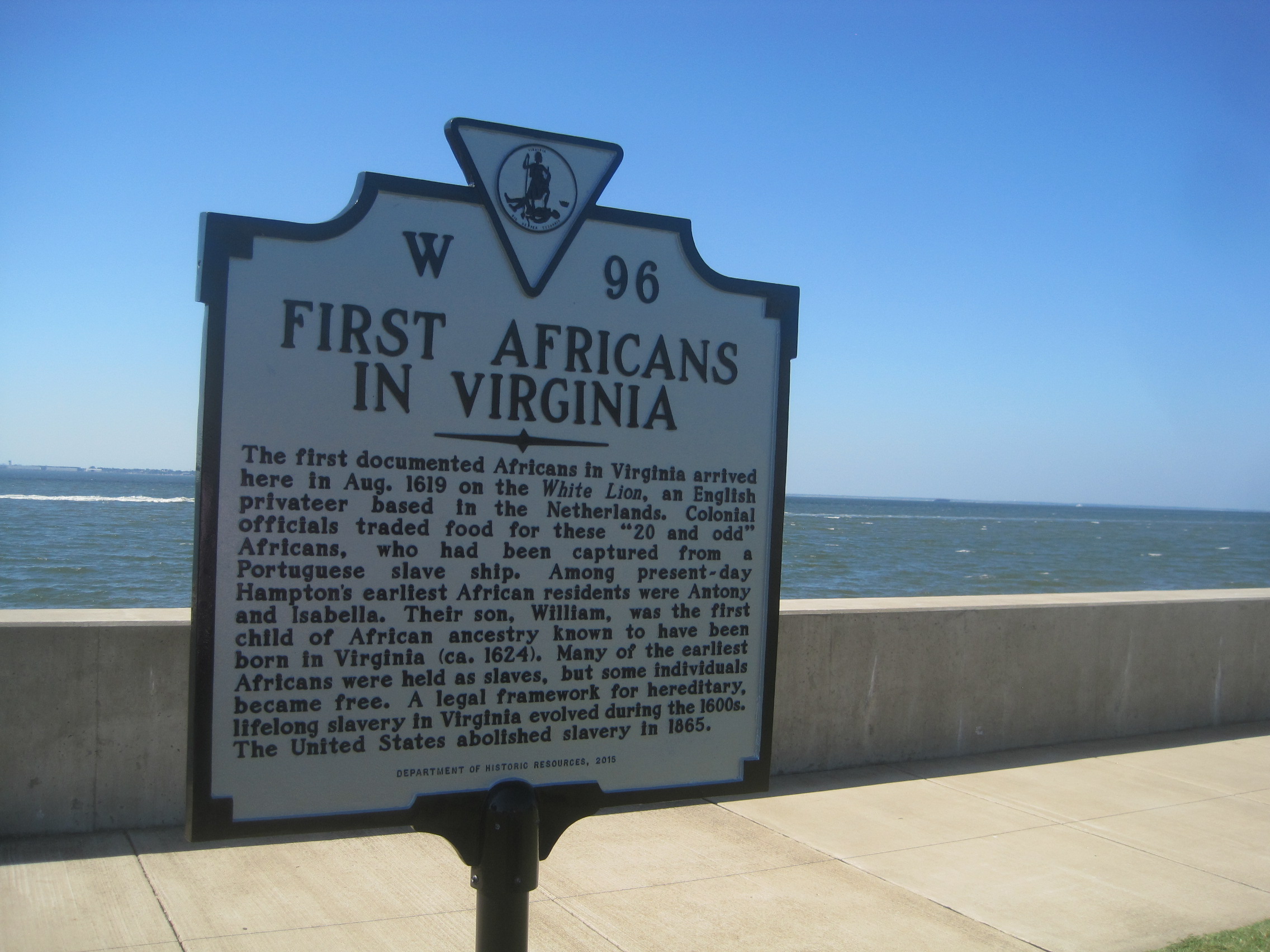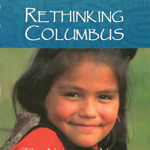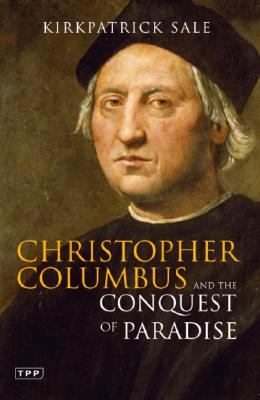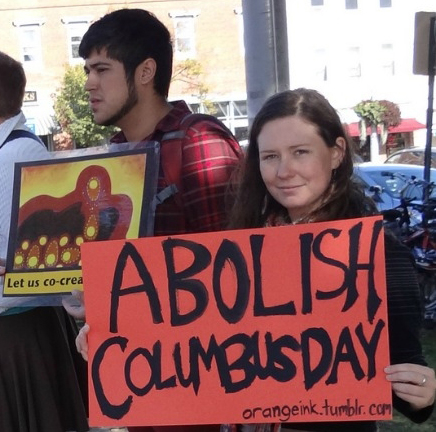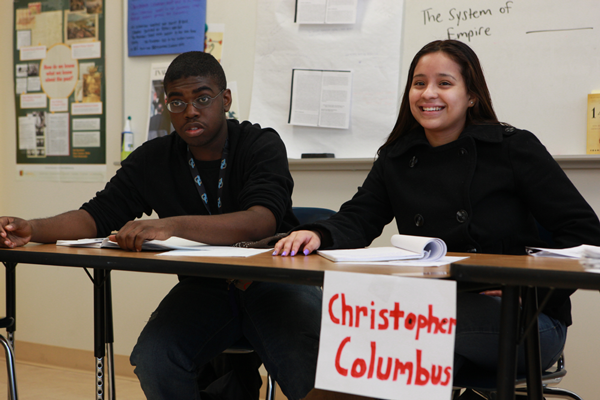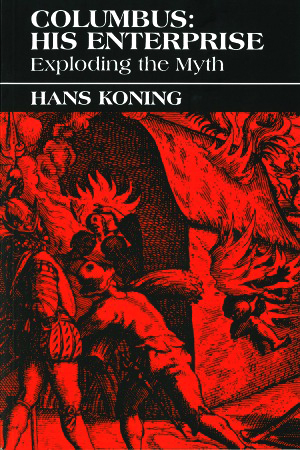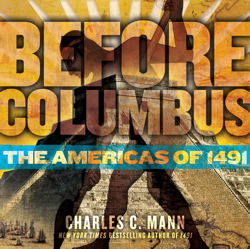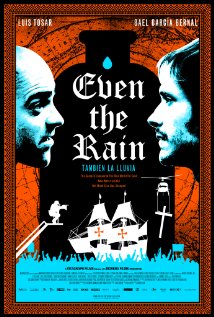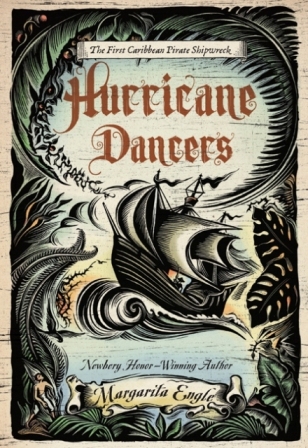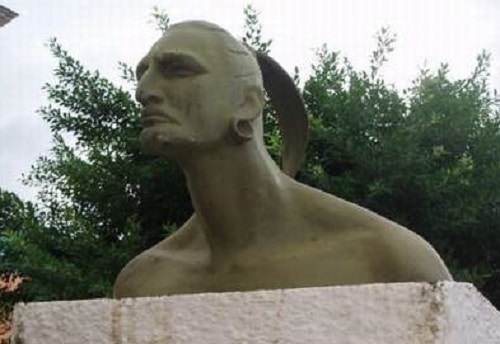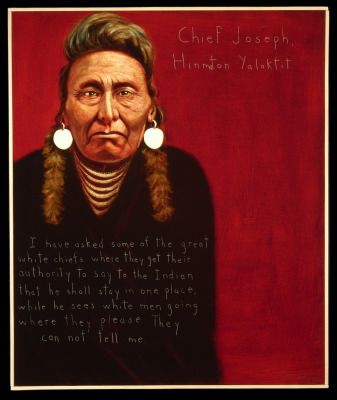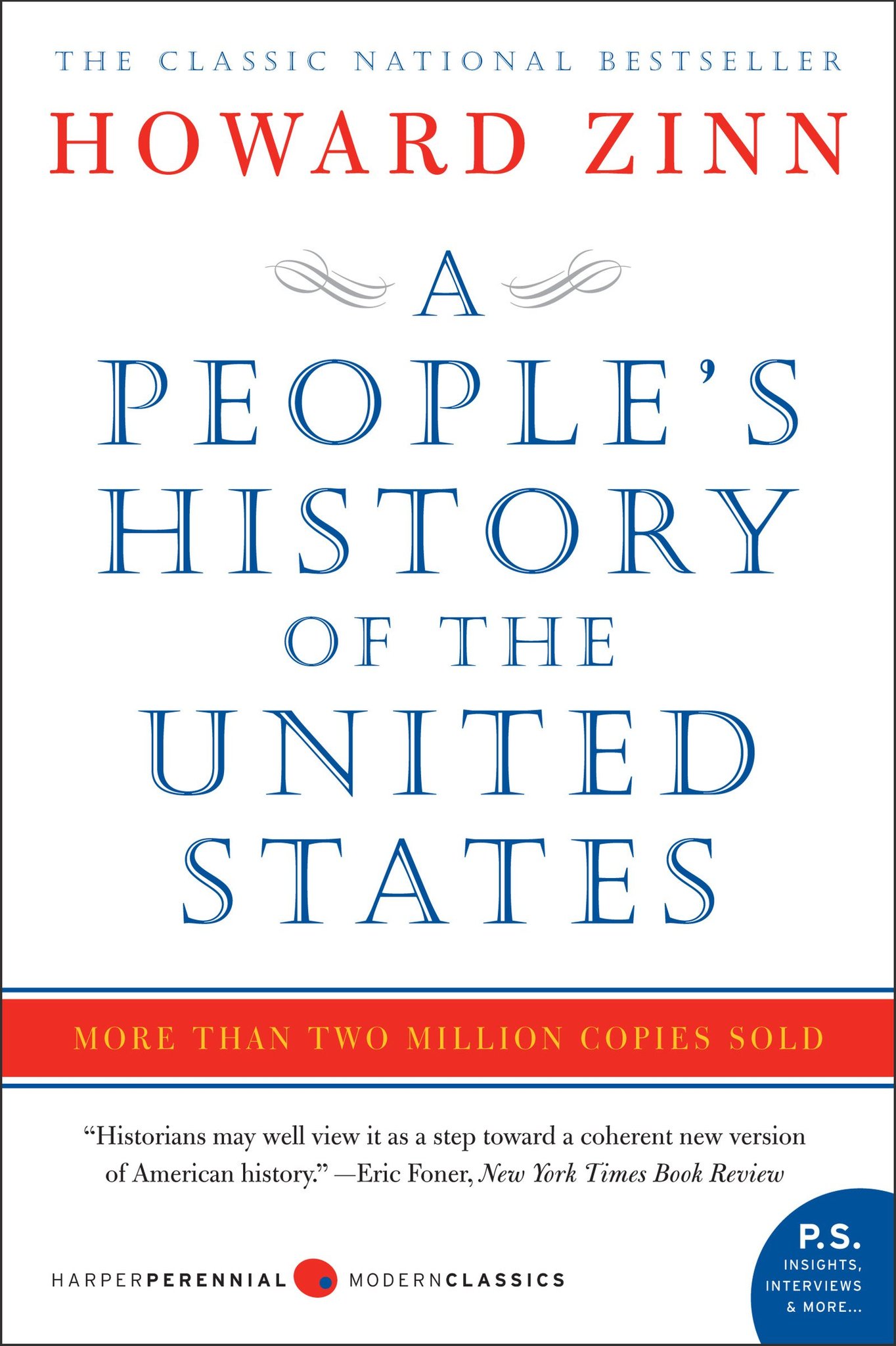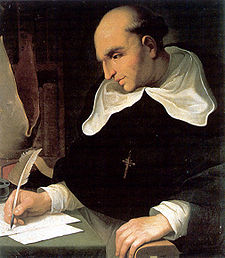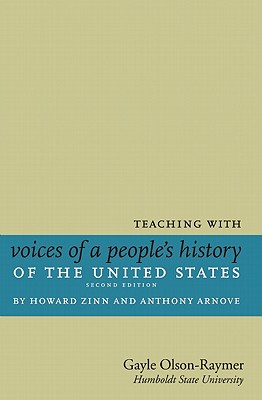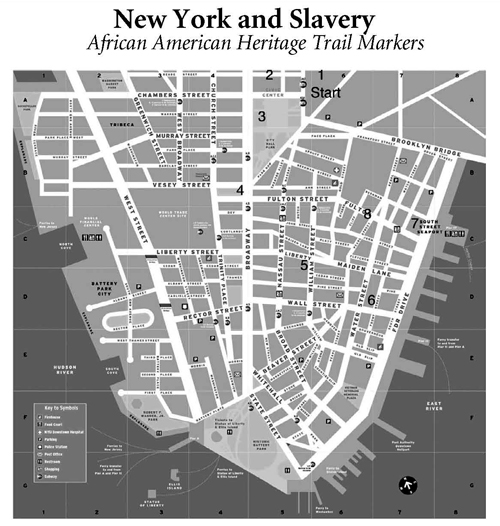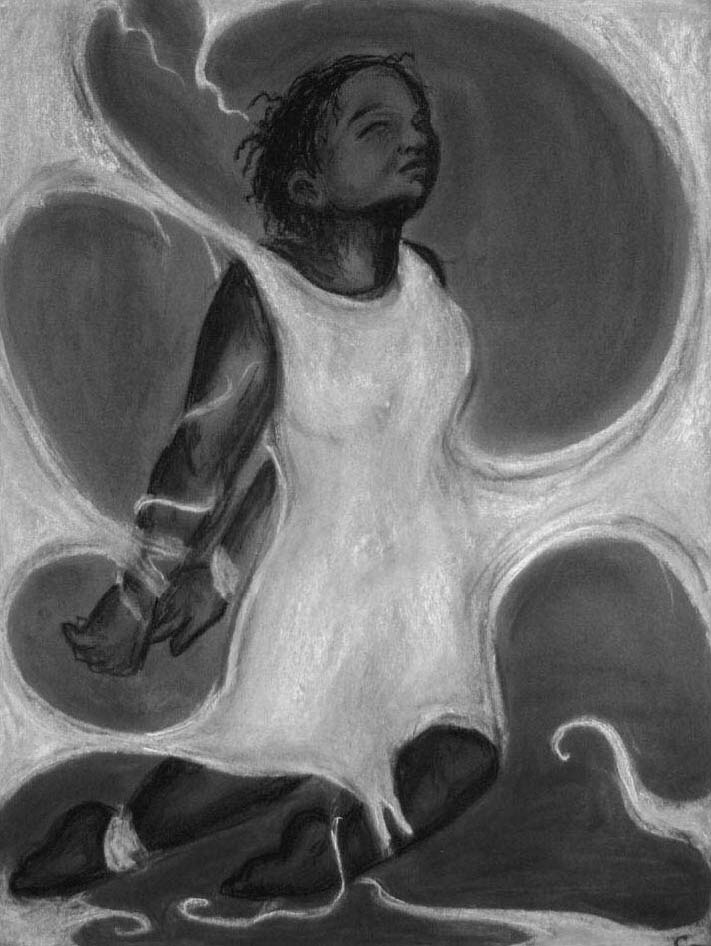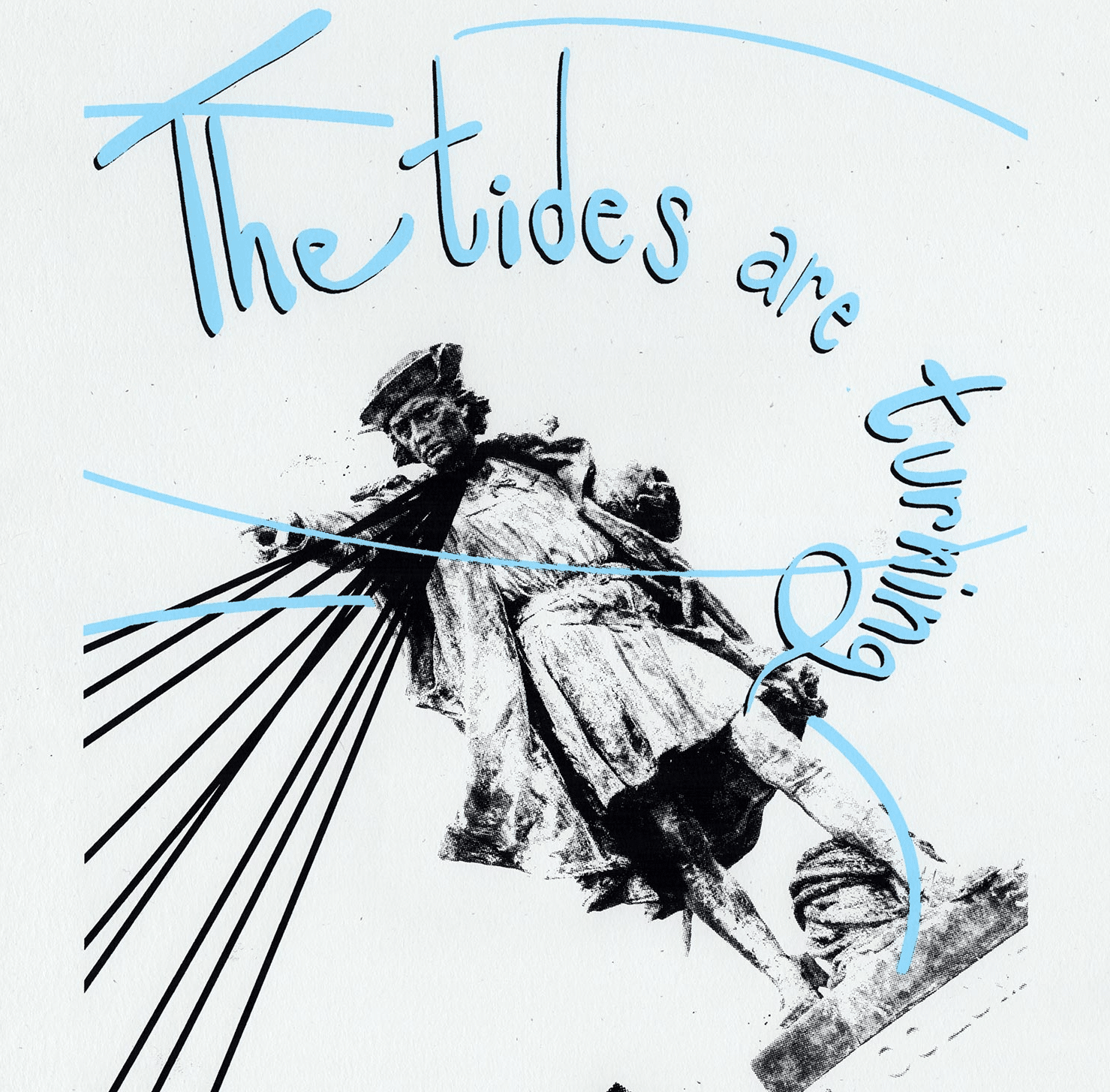Teaching Activity. By Bill Bigelow. 6 pages.
A lesson on the countless colonial laws enacted to create division and inequality based on race. This helps students understand the origins of racism in the United States and who benefits.
Continue reading
Digital collection.
Through this website, over 130,000 voyages made in the Trans-Atlantic and Intra-American slave trade can be searched, filtered, and sorted by variables including the port of origin, the number of enslaved Africans on board, and the ship's name.
Continue reading
Twenty-four enslaved Africans launched a rebellion in Manhattan, New York.
Continue reading
Film. By Paul Puglisi. 2017. 89 minutes.
Documentary on the symbol of Columbus in the United States and the campaign for Indigenous Peoples' Day.
Continue reading
Hundreds of Pequot villagers were massacred by the Puritans in Mystic, Connecticut.
Continue reading
On or about Aug. 20, 1619, the documented arrival of Africans—stolen from their homelands and brought to British North America—occurred at Point Comfort.
Continue reading
Book — Non-fiction. By Kirkpatrick Sale. 2006.
An account of Christopher Columbus's life, separating the man from the legend.
Continue reading
Article. By Bill Bigelow. 2015. If We Knew Our History Series.
When the school curriculum celebrates Columbus, children are taught that it’s OK for white people to rule over peoples of color and that militarily powerful nations can bully weaker nations. By his own account, Columbus enslaved people, destroyed cultures, and terrorized those who challenged his rule. It’s time to abolish Columbus Day.
Continue reading
Film. Written, directed, and produced by Nick Kaufman. 1992. 23 minutes.
Contrasting views and scenes from the classroom on teaching about Columbus.
Continue reading
Book — Non-fiction. By Hans Koning. Afterword by Bill Bigelow. 1976. 141 pages.
A biography that gives a true account of Columbus’ life and voyages.
Continue reading
Book — Non-fiction. By Charles C. Mann. 2009. 128 pages.
An illustrated book for young readers based on 1491: New Revelations of the Americas Before Columbus.
Continue reading
Film. Directed by Icíar Bollaín and written by Paul Laverty. 2010. 103 minutes.
As a crew shoots a film about Columbus' genocide, local people in Cochabamba, Bolivia rise up against plans to privatize the water supply.
Continue reading
Book — Fiction. By Margarita Engle. 2011. 160 pages.
Historical fiction in the form of poetry about the conquest and resistance.
Continue reading
Hatuey was a freedom fighter in the early 1500s who mobilized Caribbean islanders against invasion, theft, and murder by European conquistadors.
Continue reading
Profile.
Chief Joseph Hinmton Yalaktit (1840 -1904), a Nez Percé Indian chief in what is now northeastern Oregon.
Continue reading
Film clip. Voices of a People's History.
Dramatic reading of Bartolome de las Casas' "Devastation of the Indies: A Brief Account" (1542) by John Sayles, Viggo Mortensen, and Staceyann Chin.
Continue reading
Book — Non-fiction. By Howard Zinn. 2005, with a new introduction by Anthony Arnove in 2015. 784 pages.
Howard Zinn's groundbreaking work on U.S. history. This book details lives and facts rarely included in textbooks—an indispensable teacher and student resource.
Continue reading
Teaching Activity. By Gayle Olson-Raymer. 15 pages.
Questions and teaching ideas for Chapter 1 of Voices of a People's History of the United States on Columbus' arrival in the "New World," and the contrasting accounts of Bartolome de Las Casas and Eduardo Galeano.
Continue reading
Teaching Guide. Edited by Bill Bigelow and Bob Peterson. Rethinking Schools. 2003. 192 pages.
Readings and lessons for grades 5 to 12 about the impact and legacy of the arrival of Columbus in the Americas.
Continue reading
Teaching Activity. By Gayle Olson-Raymer.
Questions and teaching ideas for Chapter 2 of Voices of a People's History of the United States on early American slavery, resistance, and rebellion.
Continue reading
Teaching Activity. By Gayle Olsen-Raymer. 15 pages.
Questions and teaching ideas for Chapter 3 of Voices of a People's History of the United States on the role and dissent of indentured servants in American colonial history.
Continue reading
Teaching Activity. By Alan J. Singer. Rethinking Schools. 7 pages.
How a teacher and his students organized a tour of the hidden history of slavery in New York.
Continue reading
Teaching Activity. By Thom Thacker and Michael A. Lord. Rethinking Schools. 4 pages.
An art contest is used as the basis from which students can examine primary historical documents (advertisements for runaway slaves) to gain a deeper understanding of the institution of slavery in the North.
Continue reading
Teaching Activity. By Bill Bigelow. Rethinking Schools. 6 pages.
How to engage students in a critical analysis of the textbook version of "discovery."
Continue reading

